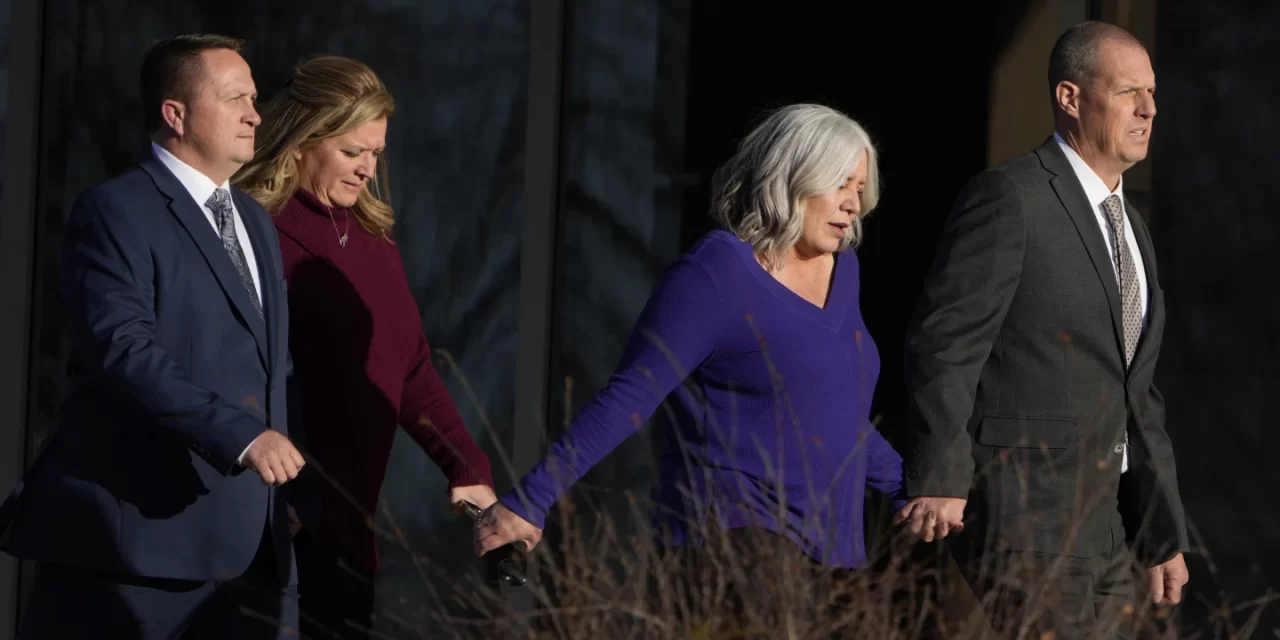In a groundbreaking verdict, two Denver-area paramedics, Jeremy Cooper and Peter Cichuniec, were convicted of criminally negligent homicide in the 2019 killing of Elijah McClain who is a black man. This landmark case marked the first criminal prosecution against medical first responders in recent times, potentially setting a precedent for future trials.
The convictions come after a weekslong trial that scrutinized the events leading to McClain’s death. The 23-year-old Black man, who was stopped by police in 2019, was injected with an overdose of the sedative ketamine by the paramedics after being subjected to a neck hold by officers.
The jury’s decision, which included guilty verdicts for criminally negligent homicide and second-degree assault, could have significant implications for how emergency personnel respond to situations involving individuals in police custody. The outcome may shape the approach of paramedics in similar circumstances, with potential repercussions for the broader field of emergency response. In all reality paramedics can be as crooked as some cops, but let’s not paint a broad brush. It’s good that awareness is being brought to the situation though, cause I’m pretty sure this happens more often than we think, or at least is reported.
McClain’s case gained prominence amid the backdrop of the 2020 killing of George Floyd, sparking renewed attention to incidents of police violence and accountability for medical first responders. The convictions of Cooper and Cichuniec followed the earlier trial of an Aurora police officer, who was found guilty of homicide and assault, while two other officers were acquitted.
During the trial, prosecutors argued that the paramedics failed to conduct basic medical checks on McClain, including monitoring his pulse, before administering an excessive dose of ketamine. The prosecution contended that the paramedics’ actions contributed to McClain’s death, as they left him unattended on the ground, hindering his ability to breathe.
McClain’s mother, Sheneen, expressed a sense of vindication as she left the courtroom, raising her fist in the air. This may impact the willingness of paramedics to intervene in situations involving police custody.



















